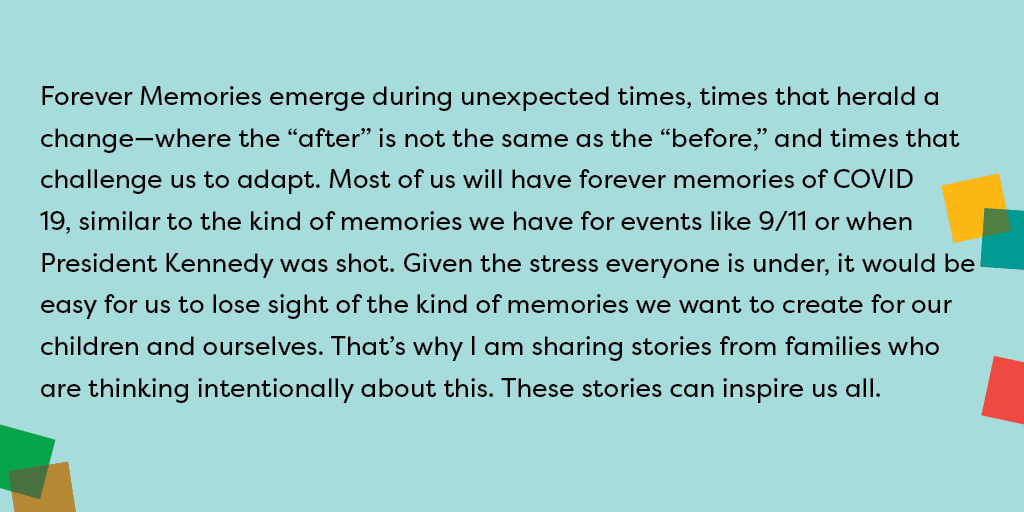

School closed!
Elisabeth was now at home with her two children—a fourth grader and a kindergartner and working full-time.
Stress!
So, she set up a school schedule. She explains why:
I know that creating routine and predictability often mitigate stress, I jumped right to creating a “school” schedule for our family. It wasn’t overly ambitious or sophisticated, but it had times and activities and offered a structure.
To her astonishment, her fourth grader, Julia pushed back and refused to follow the schedule:
Julia strongly rebelled against it. I was so surprised! She’s the one that loves schedules and rules and lists!
Thinking that it would just take time, Elisabeth forged ahead, believing that she knew best. She pushed the schedule even more and Julia rebelled even more.
Finally, she turned to a friend, who told her:
Pretending that “the show must go on” is unbearable.
This friend reminded Elisabeth that creating school at home was downplaying the fact that Julia has suffered a loss: she had lost her school at school—being with her friends, her way of life. She was furious that her mother was ignoring this loss.
As Elisabeth thought about it, she realized:
To her, it was like a pet or loved one died, and I just tried to slip a new one in on the sly and pretend it was the same. She needs to grieve. Process.
What Elisabeth did was take her child’s view. Behavior—even if it feels willful, rude, or disrespectful—always expresses a real problem. There is a reason behind children’s challenging behavior. If we can just stop and try to understand what that reason is and address it, it won’t feel like we’re pushing against a brick wall.
With this understanding, Elisabeth took time to let Julia grieve, to talk about her loss, to express this loss in words, in pictures, and in other ways. “And then,” as her mother says, “to start anew.”
This brilliant person—my child—has much to teach, if I can find the patience to pay attention.
Taking Your Child’s View is one of several strategies that studies find promote executive function life skills in children—important skills that children and adults need to thrive.
Reprinted with permission from Families and Work Institute.


Your support will allow us to continue to deliver our high-quality research, publications, and services to you. Families and Work Institute is registered as a 503(c)(3) non profit organization
EIN 13-3560042.
To provide a Corporate Gift or have Donation questions – Please email donate@familiesandwork.org